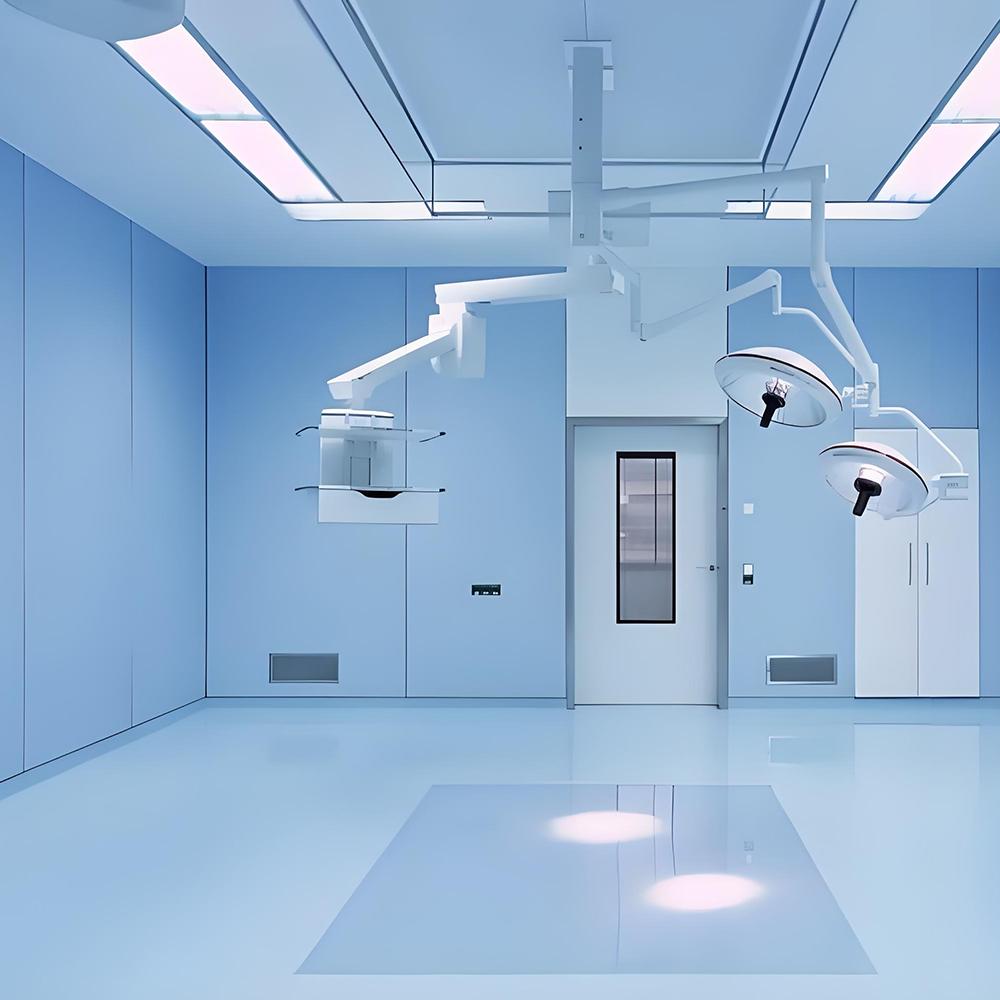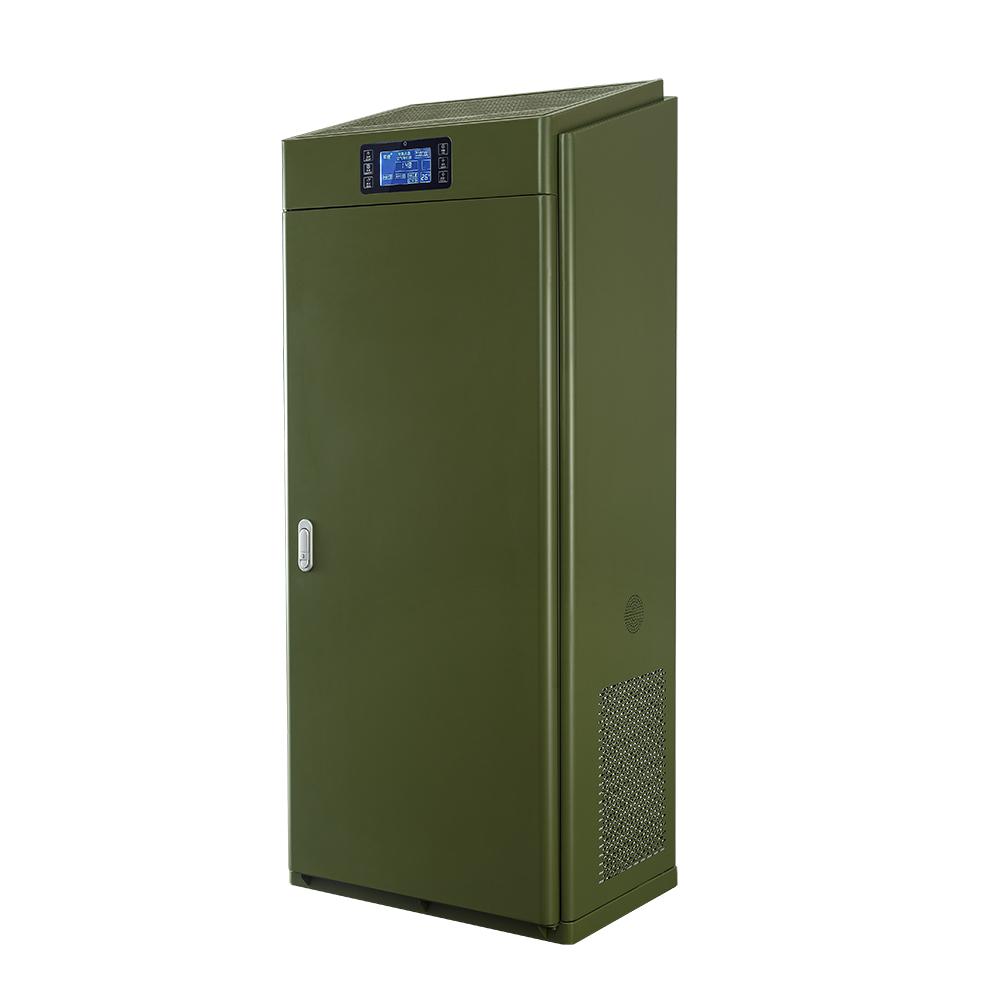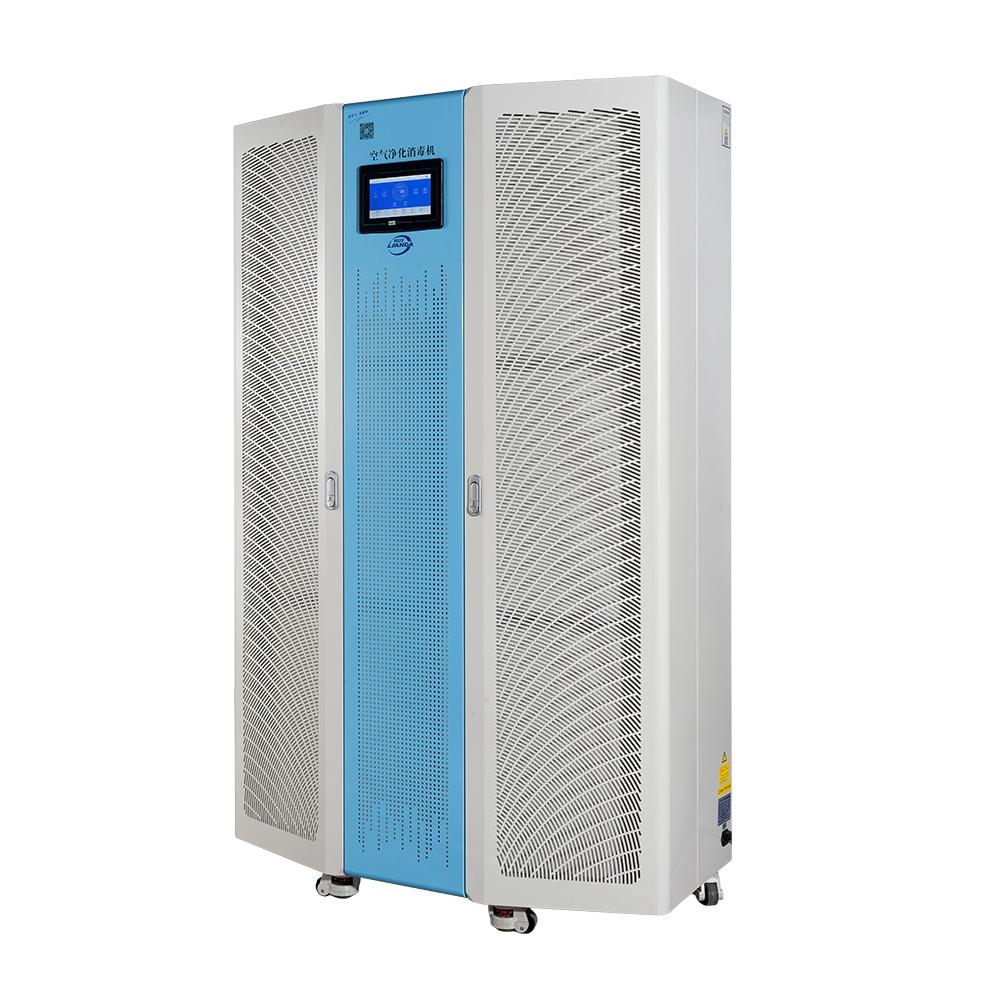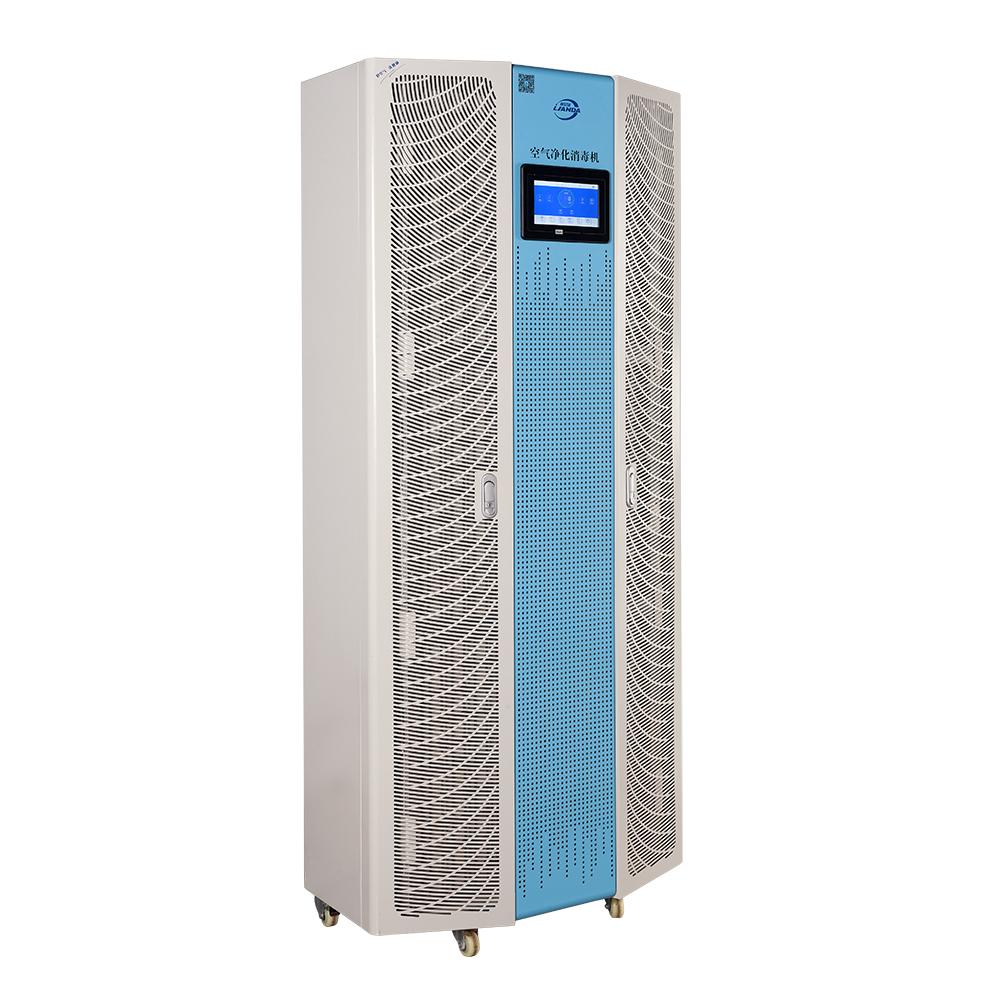Importance of using air purifiers in laboratories
In the context of today's scientific research and technological development, laboratories are important places for scientific research and experiments, and their environmental quality directly affects the experimental results and the health of scientific researchers. Air quality is particularly important in laboratory environments, so equipping them with efficient air purifiers has become an option that cannot be ignored.
1. Laboratory air pollution sources
The sources of air pollution in laboratories mainly come from the following aspects:
Chemical reagents: Organic solvents and chemical reagents used in the experiment will release volatile organic compounds (VOCs), posing a threat to the health of researchers.
Biological samples: Microorganisms such as bacteria and viruses may be released in biological experiments, bringing potential biosafety risks.
Equipment operation: Some experimental equipment may produce ozone or other gases when working, further polluting the air.
Dust and particulate matter: Solid materials used in experiments may produce dust, which affects air quality.
2. Functions and effects of air purifiers
Air purifiers can effectively improve the air quality in the laboratory through filtering, adsorption and disinfection. Its main functions include:
Removing harmful gases: Efficient air purifiers can remove harmful gases such as VOCs, formaldehyde, ammonia, etc., reducing their impact on experiments and personnel.
Removing bacteria and viruses: Air purifiers equipped with HEPA filters can capture fine particles, including bacteria and viruses, which helps maintain the biosafety of the laboratory.
Removing odors: Air purifiers can adsorb and decompose odors, improve the working environment of the laboratory, and increase the comfort of scientific researchers.
Reducing particle concentration: Air purifiers can effectively reduce fine particles such as PM2.5 in the air and keep the laboratory air fresh.
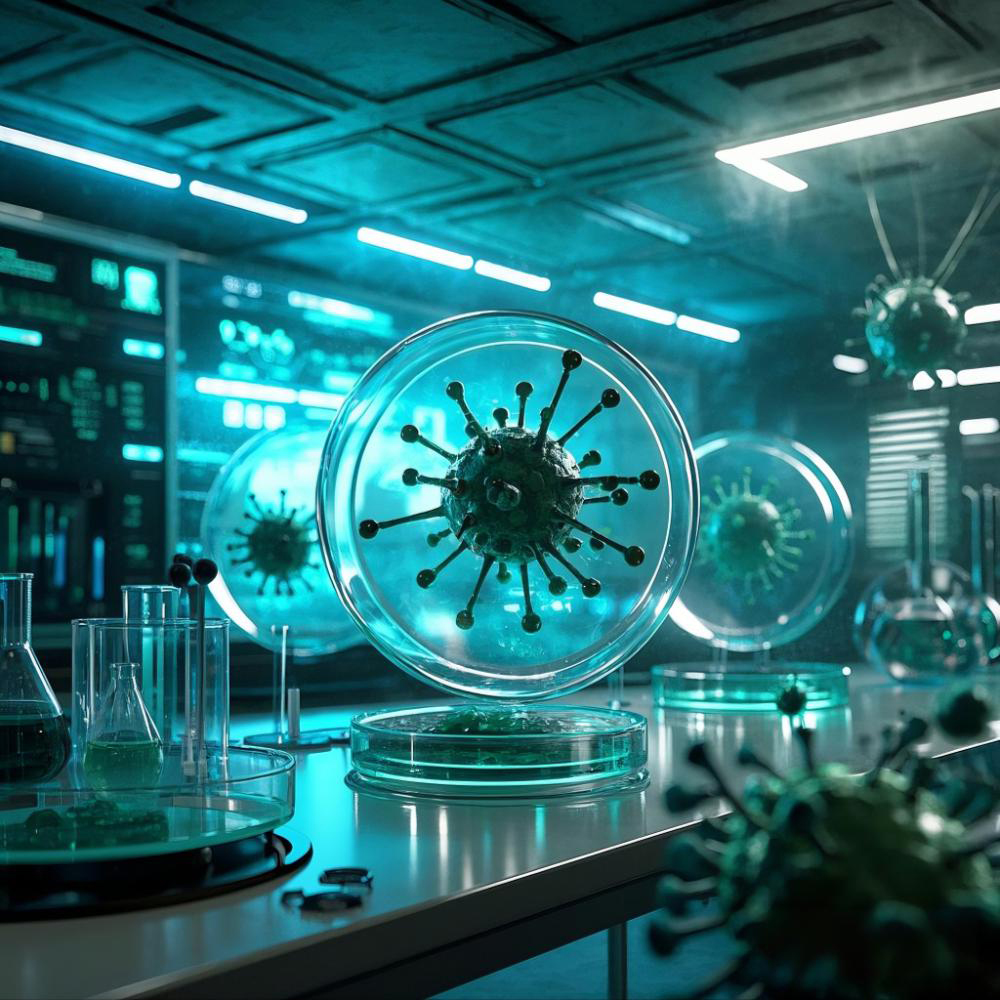
3. Choosing a suitable air purifier
When choosing a laboratory air purifier, you need to consider the following factors:
Filtration system: Give priority to purifiers with multiple filtration systems such as HEPA filtration and activated carbon to ensure their effectiveness.
Applicable area: Choose a suitable purifier according to the area of the laboratory to ensure that it can cover the entire space.
Noise level: Consider the quietness of laboratory work and choose products with low noise.
Energy efficiency ratio: Choose an air purifier with low energy consumption and high efficiency to reduce the energy cost caused by long-term use.
4. Precautions for using air purifiers
When using air purifiers in daily life, researchers should pay attention to the following points:
Replace the filter element regularly: To maintain the working efficiency of the air purifier, the filter element should be replaced regularly according to the manufacturer's recommendations.
Maintain good ventilation: Although air purifiers can improve air quality, good ventilation is still an important measure to maintain the laboratory environment.
Regular maintenance: Regularly maintain and clean the air purifier to ensure its normal operation.
Air purifiers play an important role in the laboratory. By improving air quality, they protect the health and safety of researchers and promote the smooth progress of scientific research. Therefore, laboratories should reasonably configure air purifiers to create a safer and healthier working environment.

